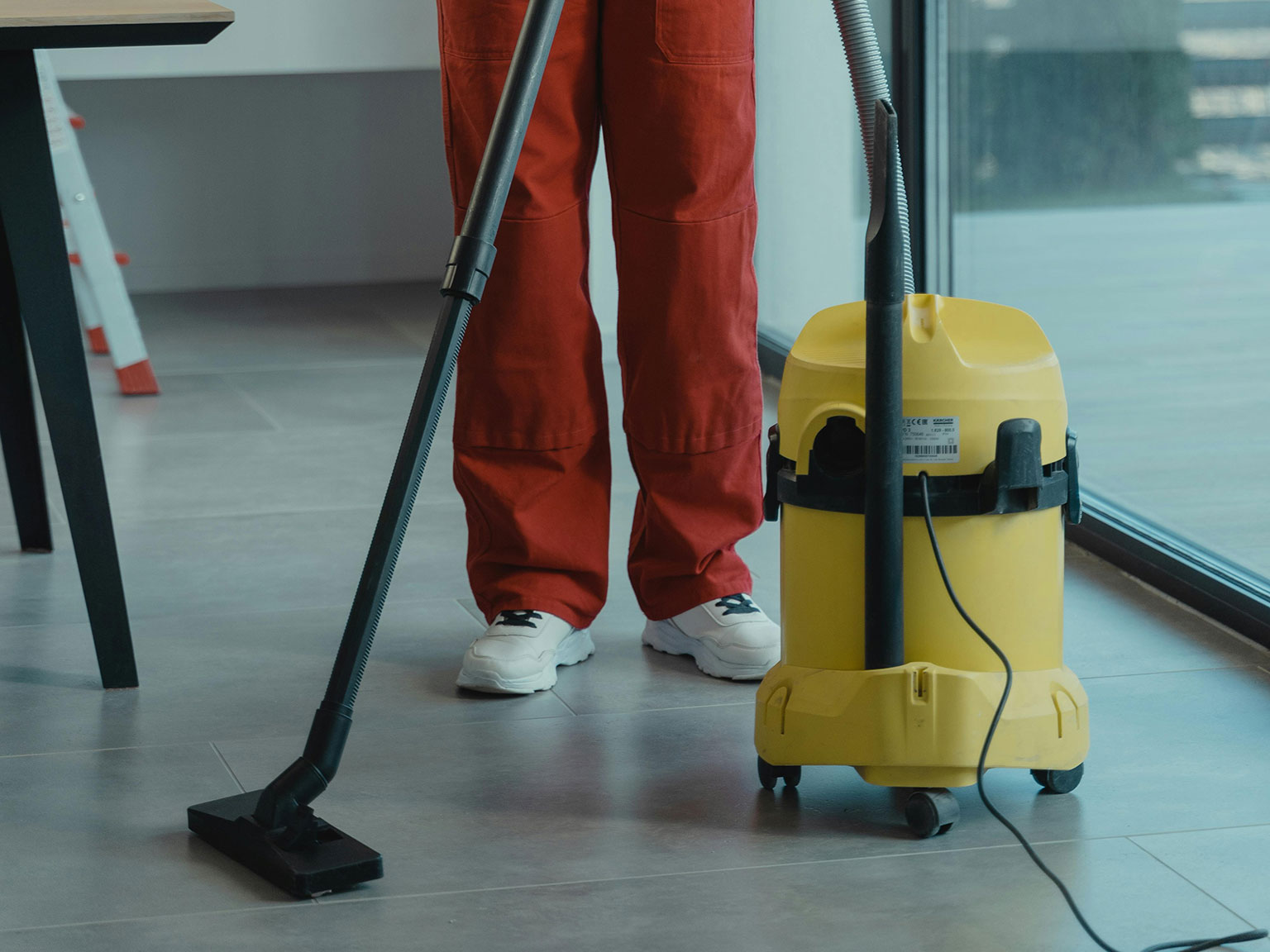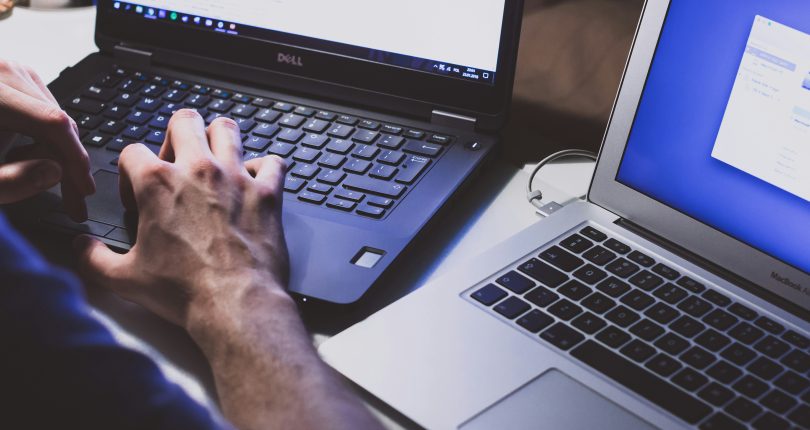Computer running slow? Time to declutter your hard drive
When a computer is running slowly, often the first thing we check is our internet connection. However, in many cases the internet connection is fine but unable to run at optimum levels because of a cluttered hard drive. …

How do hard drives become cluttered?
Think of it this way. If you keep adding items to a room in your home without tidying it up from time to time it becomes increasingly difficult to find anything. You have to work that much harder to find what you want.
A hard drive is just like that room. If you keep adding folders, documents, apps, images, software and so on without regularly tidying it up, it will become increasingly cluttered and slow down web browsing and the overall performance of your computer.
Why should I declutter my hard drive?
Decluttering your hard drive provides many benefits.
Improved performance
Businesses are using an increasing number of digital resources, software packages, programs and applications. These take up space on your hard drive.
When the hard drive becomes cluttered it exhausts critical system resources such as RAM (random access memory), making it run more slowly. When the hard drive is decluttered by removing unnecessary files, apps and so on, the system can run at optimum efficiency.
Improved load times for web browsing
Workers spend a considerable amount of time online to complete both internal and external processes. Slow web browsing, which is often caused by a cluttered hard drive, is therefore very frustrating, particularly when time is at a premium.
Web page load times are greatly reduced when a hard drive is regularly tidied and unnecessary extensions, plugins and add-ons are disabled. This allows you to use your time more productively and therefore work more efficiently.
Extended system lifespan
They say stress ‘puts years on you’. This is no different for a computer system! When managing a cluttered hard drive, a system can become overheated with little opportunity to cool down. By decluttering, your system doesn’t have to work so hard which increases its lifespan and you avoid the need for repairs which can be costly to a business.
Tighter security
Hackers love an untidy hard drive! This is because a cluttered hard drive denies you the clarity needed to keep track of all the files, applications and programs stored on there. Hackers can detect that weakness and use it to easily gain access to all your important data.
Removing those unwanted files reduces the risk of a security breach. A belt and braces approach to security would be to also install antivirus software and keep it updated.
How do I clean up my hard drive?
Before beginning a clean up, it is advisable to make a backup of any critical data in case something goes wrong!
Do a disk cleanup
Windows users can do this by following the instructions on the Microsoft Support centre. Mac users can follow the guidance on Apple’s support pages.
Uninstall programs you no longer need
Removing unnecessary programs will speed up the performance of your computer. You can do this via Control Panel / Programs and Features on Windows, and by using the half-blue, half-grey face icon on the dock for Macs.
Delete unnecessary files, apps and downloads
Be ruthless when reviewing your files, apps and downloads and delete any that are no longer needed such as duplicates or outdated copies.
For systems that run on Windows 11, you can delete unnecessary files automatically using Storage Sense:
- Open storage settings
- Turn on Storage Sense to instruct Windows to delete unnecessary files automatically.
To delete files manually:
- Open storage settings
- Select any temporary and unused files, files synced to the cloud, or unused apps you want to remove
- Select the Cleanup button for each selection.
Use a Managed IT provider to declutter your hard drive
If you are pushed for time, or unsure about delving into your hard drive, E2E is a Managed IT provider who can help you clear some space and get your system running at optimum speed.
How do I maintain a healthy hard drive
Keep software up to date
Regularly updating your software is essential for maintaining a clean hard drive, particularly as updates include bug fixes, performance improvements and security updates.
Use cloud storage
Using the likes of OneDrive, Google Drive and Dropbox allows you to store data in the cloud rather than taking up space on your hard drive.
Clean your hard drive regularly
Schedule regular clean ups and backups to prevent clutter from building up and impacting the performance of your system.
Get in touch with E2E Technologies for managed IT support
Our team can help you with your IT to keep your business running smoothly and productively. Contact us to find out how we can help.







